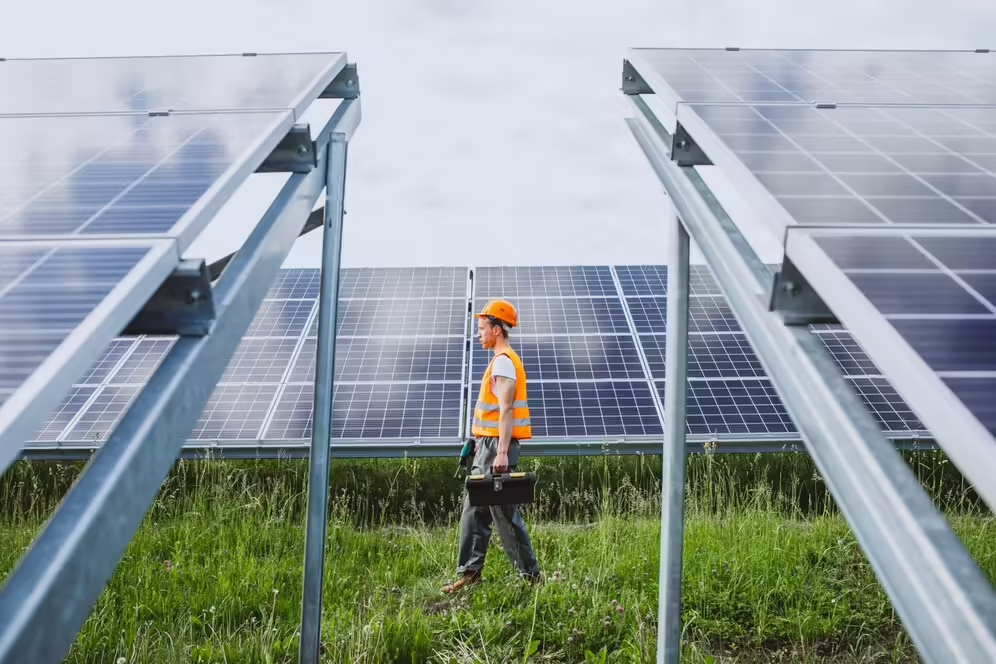(Prasaran ini hanya tersedia dalam bahasa Inggris.)
Yusuf Sofiyandi and Muhammad Halley Yudhistira
Abstract:
Low level of seaport reliability is one of the crucial problems amidst the increasing trend of seaborne trade in Indonesia. Main seaports in Indonesia are suffering because of longer dwelling time relative to other international seaports in South East Asian countries partly due to poor administrative process. This paper examines the Indonesian sea transport market focusing on measuring the benefit of seaport service reliability improvement in terms of handling the seaborne trade documents. Using open-ended question of contingent valuation method, our estimates show a moderate benefit, a cost reduction of the administrative process ranging from US$10.8–90.3 per TEU for each day. The cost reduction is even higher for the subsample of importing firms, indicating that the improvement of document-handling plays a more crucial role in accelerating the import activities in Indonesia.




